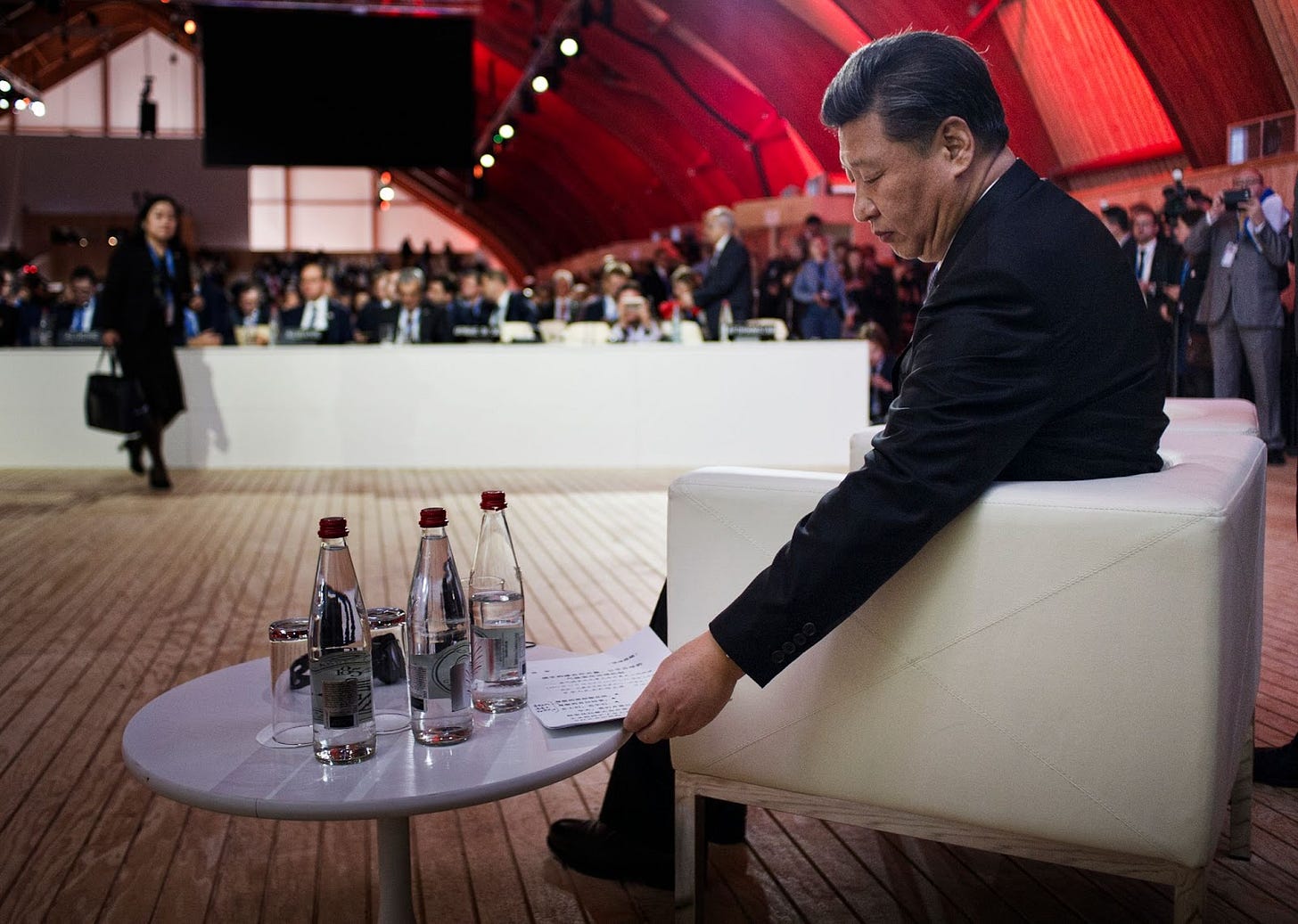Xi Jinping’s Succession Problem
The paramount leader of China has not yet indicated a successor. His choice will not be guided by established norms.

This Brief is the second part of a two-part investigation into Chinese paramount leader Xi Jinping’s succession plans. The first part can be read here.
As the paramount leader of China, Xi Jinping has held the highest offices in the government, military, and Chinese Communist Party (CCP) since 2012. Unlike his predecessors, Xi has focused less on extending China’s long streak of economic growth than on ensuring social stability, shoring up the authority of the CCP, and establishing China as a global military and technological superpower that can compete with—and even supersede—the United States. His ambitious plans for China are perhaps unlikely to be consummated in his lifetime. But although he recently turned 69 years old, he has not yet indicated a successor. Rather, he has laid the groundwork for an unprecedented third term in office, which he is widely expected to begin following the 20th National Congress of the CCP in November 2022. It is possible, and perhaps even likely, that Xi will continue to lead China for years to come. But the longer Xi goes without establishing a clear and competent successor, the more likely China is to eventually deviate from Xi’s desired trajectory.

